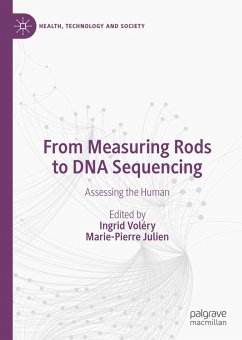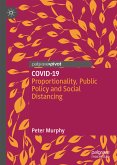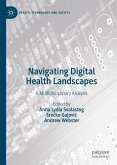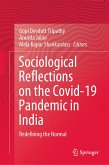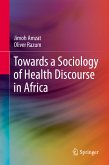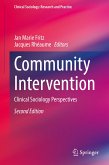"Why do you measure and why are you also measured? What measurement tools are used to offer a quantified vision of the body and its parts, its growth, and of human life itself? Is measurement the same thing as quantification? Based on in-depth historical investigations and case studies from the 19th century up to the present day, this book proposes enlightening answers to such questions. Combining basic insight from the 'classics'-Foucault, Rose-on the political dimension of measurement with contextualizing epistemologies, it brilliantly shows how ontologies emerge from various social 'assemblages'."
-Marie Gaille, philosopher, senior researcher, Université de Paris-CNRS
This book provides a solid basis to understand two centuries of bodily measurement practices and their scientific and political scope throughout the Western world. By exploring various cases, it proposes a new approach of measurement from an epistemological point of view and demonstrates the central role of the measurement of the body for political purposes. By studying categorizations of race, age and quality of life between the 19th and 20th century, the first part of the book highlights how human body measurements extend from the flesh to subjective experience. The second part shows how genomic correction and life support technologies reshape the frontiers between things, humans and social subjects. The final part reveals how contemporary measurements of age, race and disease gave rise to new hierarchies between human beings and social groups. The book concludes by considering different styles of measuring the body and their ontological consequences.
Dieser Download kann aus rechtlichen Gründen nur mit Rechnungsadresse in A, B, BG, CY, CZ, D, DK, EW, E, FIN, F, GR, HR, H, IRL, I, LT, L, LR, M, NL, PL, P, R, S, SLO, SK ausgeliefert werden.

